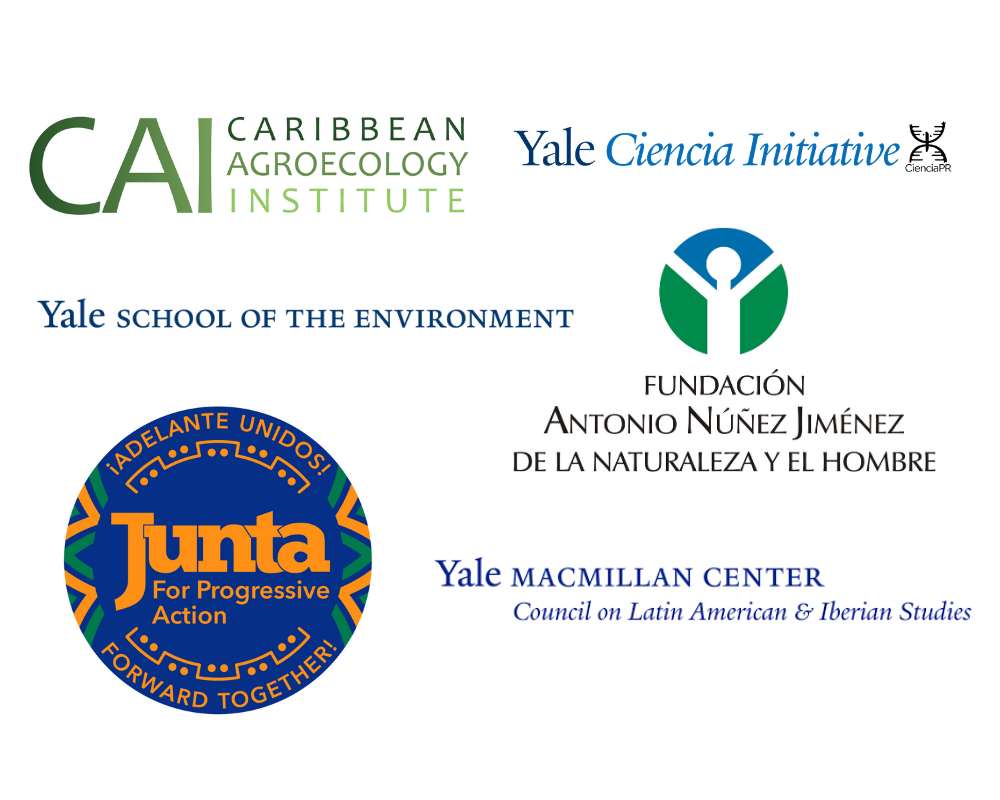The Caribbean region is ground zero for the impacts of the global climate crisis where temperatures are increasing, sea levels are rising, coral reefs are bleaching, droughts are becoming longer and more severe, and hurricanes are becoming more intense and more frequent. For a region with many island nations that are already plagued by the negative ecological, economic, social and political impacts of colonialism, imperialism and extractive economies, tackling the impacts of the climate crisis is a major feat. However, it has created the space and opportunity for deep change led from below, creating pathways of just transitions towards new social, solidarity economies, sustainable food systems based on agroecology and food sovereignty, low carbon energy systems, and more resilient sovereign communities.
Puerto Rico and Cuba are responding in a variety of ways to address vulnerabilities and build resilience. These archipelagos have shared cultures, geographies, and histories shaped first by the Taino people and then through Spanish and U.S. colonization. Their economic, social, and political paths have in certain ways diverged in the past century, due in part to their distinct relationships with the United States. We seek to draw knowledge and comparisons between the two for these reasons, while amplifying the actions that Cubans and Puerto Ricans - on the islands and in the diaspora - are taking to strengthen their communities in response to climatic instability, despite the challenges and confines of colonization and the blockade.
Through this conference series, we will bring together academics, farmers, activists, citizens, and government officials to engage in discussion on environmental history and justice, agroecology and food systems, coastal resilience, immigration, public health, and energy.
We aim to explore how Puerto Rico and Cuba are responding to the climate crisis from a variety of angles.
We hope to better understand similarities and differences in approaches.
We will engage in a dialogue on the lessons we can learn from each other.
All sessions will be held in Spanish with interpretation to English. For more information on each session:
Session 1: Exploring Resilience, September 23rd, 2020, 3-5pm EDT
Session 2: Environmental History, October 29th, 2020, 3-4:30pm EDT
Session 3: Agroecology and Food Systems, December 17th, 2020, 3-5pm EDT
Session 4: Energy Transformations, March 11th, 2021, 3-5pm EDT
Session 5: Coastal Socioecological Resilience, June 30th, 2021, 3-5pm EDT
Please find here a Conference Proceedings Report of the entire 5-part series.
This conference series is organized by: Fundación Antonio Núñez Jiménez de la Naturaleza y el Hombre, Caribbean Agroecology Institute, Junta for Progressive Action, Universidad de La Habana, Yale Ciencia Initiative & Ciencia Puerto Rico, Yale MacMillan Center Council on Latin American & Iberian Studies, and Yale School of the Environment.

